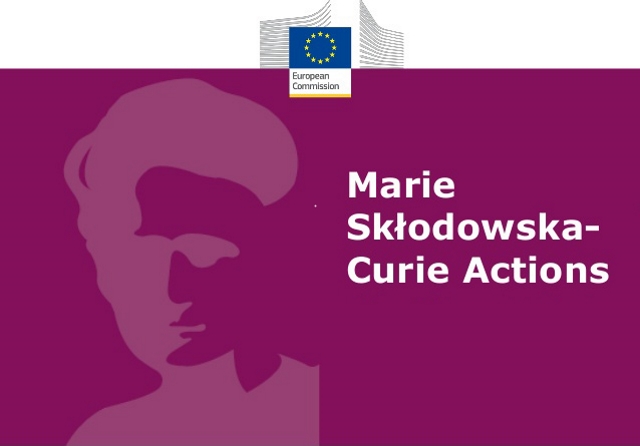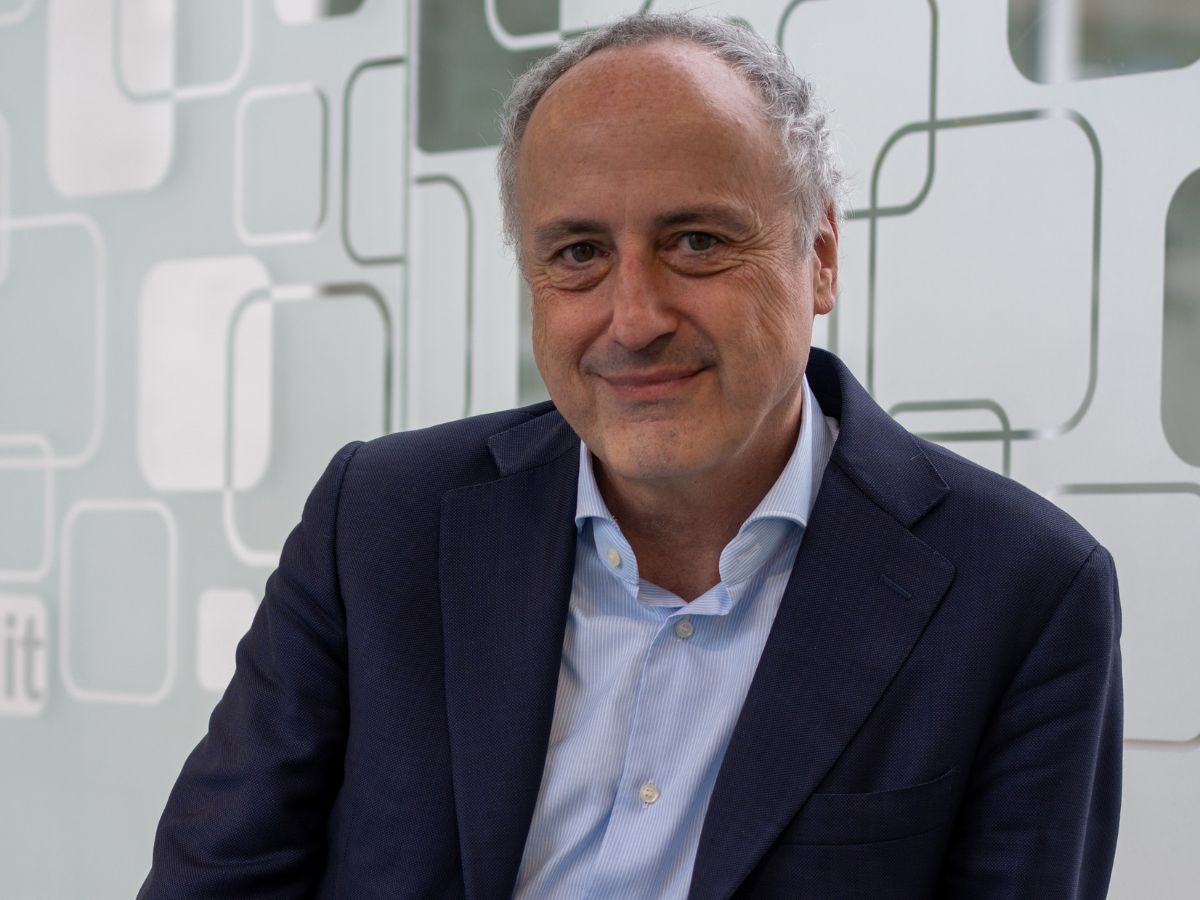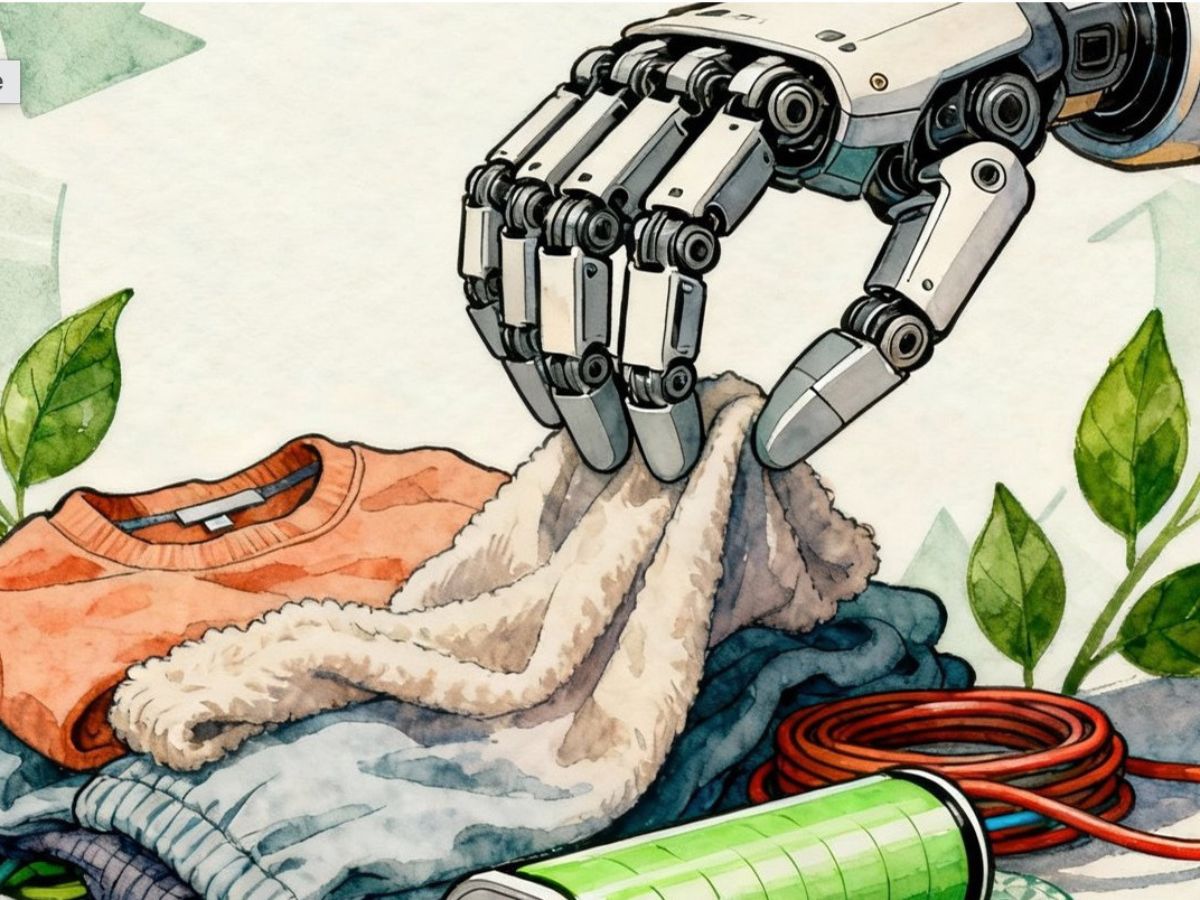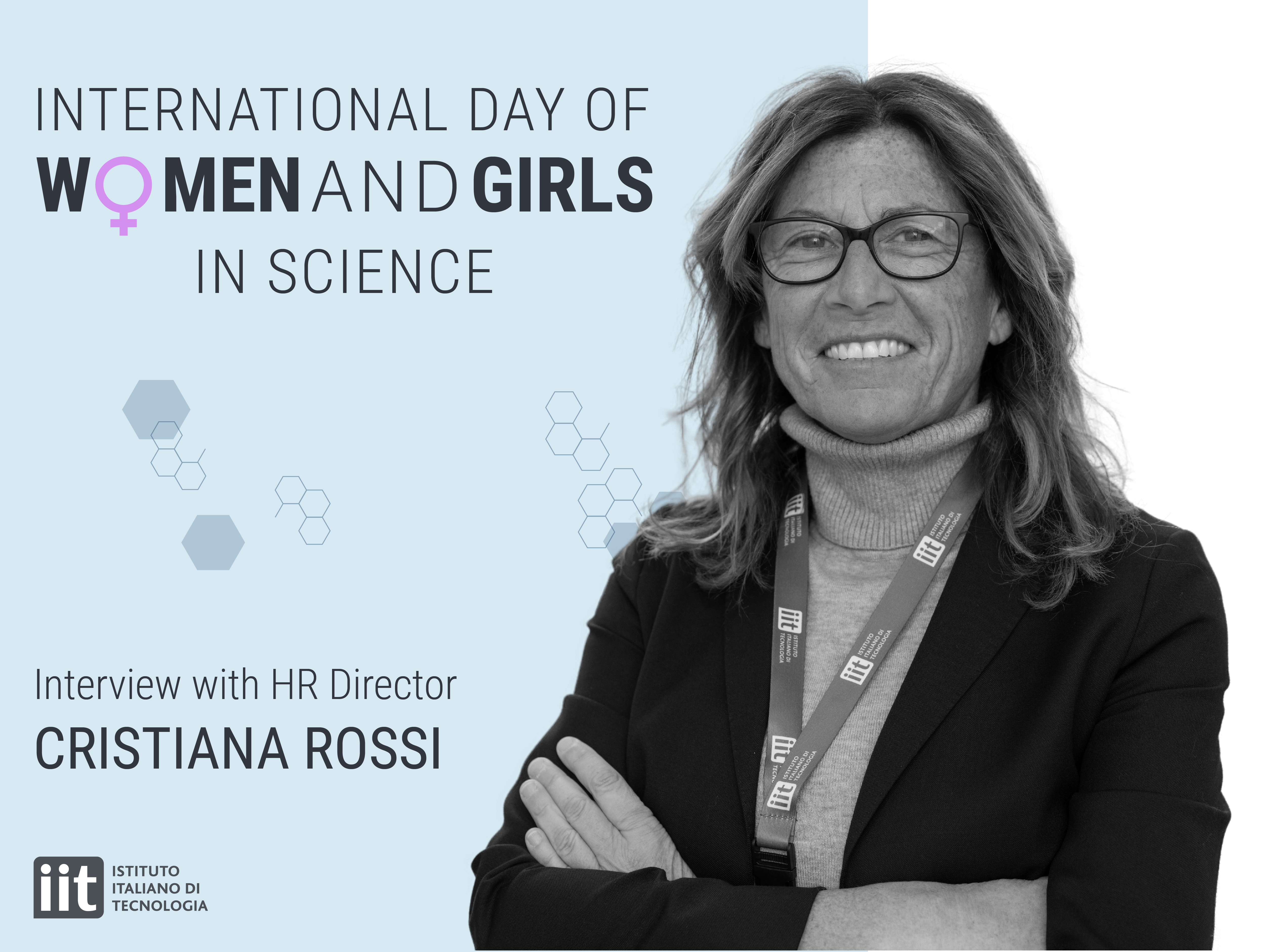IIT got 3 additional projects for the growth of young scientists traveling between Italy and abroad, in the framework of Marie Skłodowska-Curie Actions Targeting TopoIl, REBoT and MIMICS are the 3 new projects that will receive funds from MSCA, the program promoted by the European Union to encourage the formation of young researchers active in European institutes. The philosophy behind MSCA is that the circulation of ideas and the exchange of good science practices among researchers from different countries allow good brains to acquire new skills and set a high level career. With these 3 new projects, the international IIT network will touch Germany, the Netherlands and the USA and will involve Italian scientists abroad and brilliant foreign minds.
Targeting TopoIl, REBoT and MIMICS are the 3 new projects that will receive funds from MSCA, the program promoted by the European Union to encourage the formation of young researchers active in European institutes. The philosophy behind MSCA is that the circulation of ideas and the exchange of good science practices among researchers from different countries allow good brains to acquire new skills and set a high level career. With these 3 new projects, the international IIT network will touch Germany, the Netherlands and the USA and will involve Italian scientists abroad and brilliant foreign minds.
From Germany will arrive Jissy Akkarapattiakal Kuriappan, post-doc researcher who will conduct the “Targeting TopoIl” project in Marco De Vivo lab, for identifying new cancer therapies. Dalia De Santis will depart from the RBCS department headed by Giulio Sandini to the USA, where she will develop the REBoT project dedicated to new rehabilitation technologies for tetraplegic bodies. Massimo Sartori will move from Netherlands back to Italy for carrying out the MIMICS project at Antonio Bicchi’s Soft Robotics Lab for Human Cooperation and Rehabilitation; the project deals with the design of new “soft” prostheses for patients with upper limb amputations.
IIT won more than 50 projects funded by MSCA, which include several actions: scholarships for doctoral candidates who want to take their training course in European or extra-European laboratories, funding for research projects conducted by young researchers and support for exchange programs.
An example is the recent MINDED an interdisciplinary training project for the study and diagnosis of the neurodevelopmental diseases. Or the Moptopus project led by the young post-doc Ilka Kriegel devoted to the realization of new optoelectronic nanocrystals, to be applied in various fields, from electronics to Sensory. Ilka is studying at IIT labs in Genoa and in Milan and at Molecular Foundry del Lawrence Berkeley National Laboratory in California, where she has moved for about one year. Ilka is a post-doc researcher in Liberato Manna group at IIT.
Gabriella Panuccio, on the other hand, with the support of the MSCA has left Canada to return to Italy in the Michela Chiappalone lab where she can implement the Rebus project. The project is devoted to the construction of a hybrid intelligent system, made by nerve cells and artificial components, able to responding to external stimuli. This system will allow researchers to understand the functions of a nervous tissue and the possible interventions on it when it develops diseases.
This year the MSCA program celebrates its 20 anniversary; the European Commission held an event in Bruxelles last November, while in Italy APRE held a conference in Rome at the end of January.






